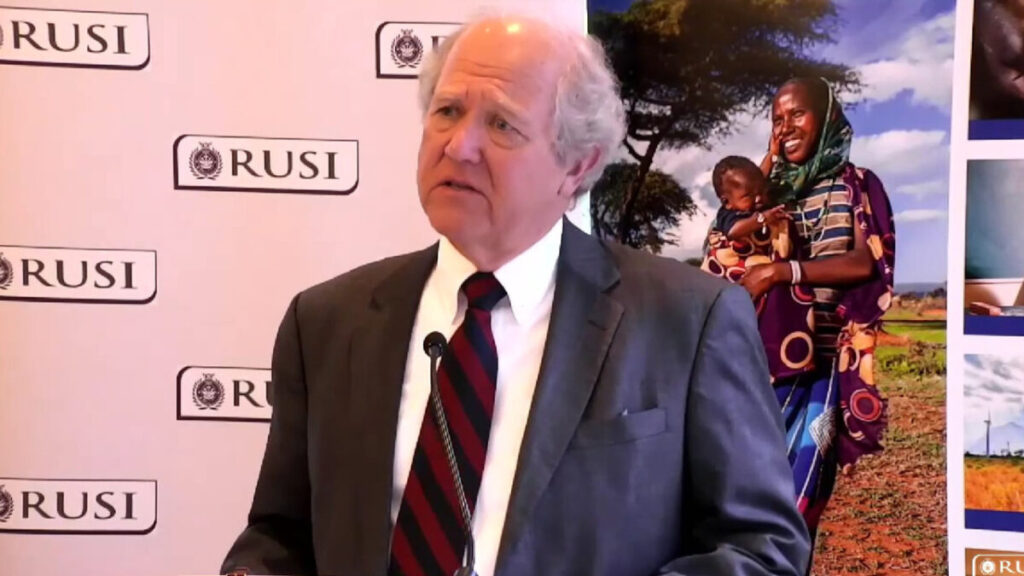Speaking at a Royal United Services Institute (RUSI) event in London alongside the Independent Commission for Aid Impact (ICAI) on Monday, John Sopko, the chief of the Special Inspector General for Afghanistan Reconstruction (SIGAR), addressed the lessons learned from the Afghanistan experience that could be applicable to other global contexts.
Sopko emphasized the failure of the international coalition to effectively address corruption in Afghanistan, stating, “Not only did the coalition not address corruption – we contributed to it.”
He pointed out that the massive influx of international assistance overwhelmed the country’s institutions and administrative capacities. The rapid and excessive inflow of funds, surpassing Afghanistan’s GDP and absorptive capacity, coupled with poor oversight and contracting practices, created fertile ground for corruption.
Corruption, according to Sopko, posed the single greatest challenge in Afghanistan, undermining the international mission by fueling predatory behavior, exacerbating local conflicts, and diverting support away from the government. He stressed the importance of learning from the costly lessons of Afghanistan to prevent their repetition in future reconstruction missions.

One crucial lesson highlighted by Sopko was the pressure to demonstrate progress, which led to unrealistic timelines imposed by the United States and other donors. These timelines often disregarded the ground realities and created incentives to spend hastily and focus on short-term goals. He also noted that contracting officers were evaluated based on the amount of money they put on contract rather than the performance of those contracts, leading to distorted priorities.
While acknowledging the desire of many to forget the Afghanistan experience, Sopko stressed that failing to learn from the truths of that failure would only result in repeating the same mistakes.
The event at RUSI provided a platform to examine the challenges faced in Afghanistan and to foster a broader understanding of the complexities involved in reconstruction efforts. Sopko’s insights shed light on the critical issues surrounding corruption, timelines, and contracting practices, urging policymakers and organizations to approach future missions with greater wisdom and effectiveness.
The Taliban takeover in August 2021 ended a 20-year international military and civilian intervention to stabilise Afghanistan and rebuild its institutions, economy and society, according to an analysis by RUSI.
Despite providing tens of billions of US dollars in civilian aid, the international community failed to enable Afghanistan to build a viable state which commanded sufficient public support to resist the Taliban insurgency. International organizations have said that the country is now in a state of near collapse with an estimated 24.4 million people in need of humanitarian support and the international community is divided on how best to respond to the crisis.





